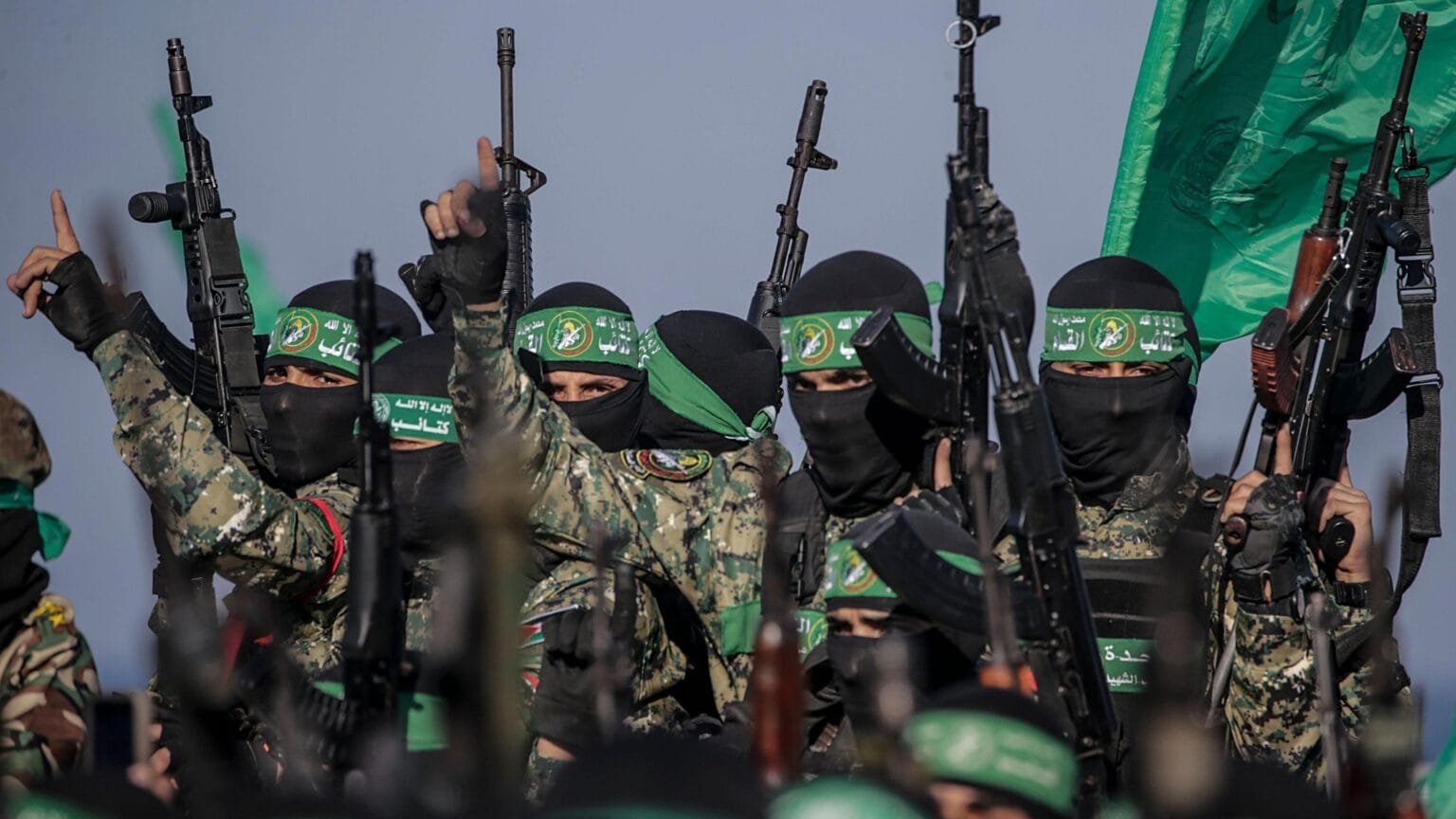Hamas has issued a cautious but politically significant response to U.S. President Donald Trump’s 20-point Gaza peace proposal, saying it accepts certain provisions—including the full release of hostages—but insisting that several core elements require further negotiation.
In its statement, Hamas confirmed it will “release all occupation captives—both living and the remains”—in line with the exchange formula in Trump’s proposal, and signalled readiness to enter mediated talks to iron out the details. It also agreed, in principle, to hand over administration of the Gaza Strip to a technocratic Palestinian body that is nationally consensual and backed by Arab and Islamic states.
Yet Hamas withheld assent on more contentious demands in the plan—particularly those concerning disarmament and the precise mechanics of Israeli withdrawal. The group emphasized that decisions touching on Gaza’s future and the legitimate rights of Palestinians must emerge from a “unanimous national position” grounded in international law.
According to mediators, Hamas formally submitted its response to U.S., Qatari, Egyptian, and Turkish intermediaries, setting the stage for further dialogue over unresolved issues. Qatar said it has begun coordination with Egypt and the U.S. to continue talks, signaling that diplomatic efforts are entering a new phase.
The partial acceptance has galvanized reactions across the region. Some observers view the move as a tactical shift by Hamas under intense pressure—but one still calibrated to retain strategic flexibility. Others see it as a breakthrough that could unlock temporary ceasefires or hostage exchanges if talks can bridge remaining gaps.





